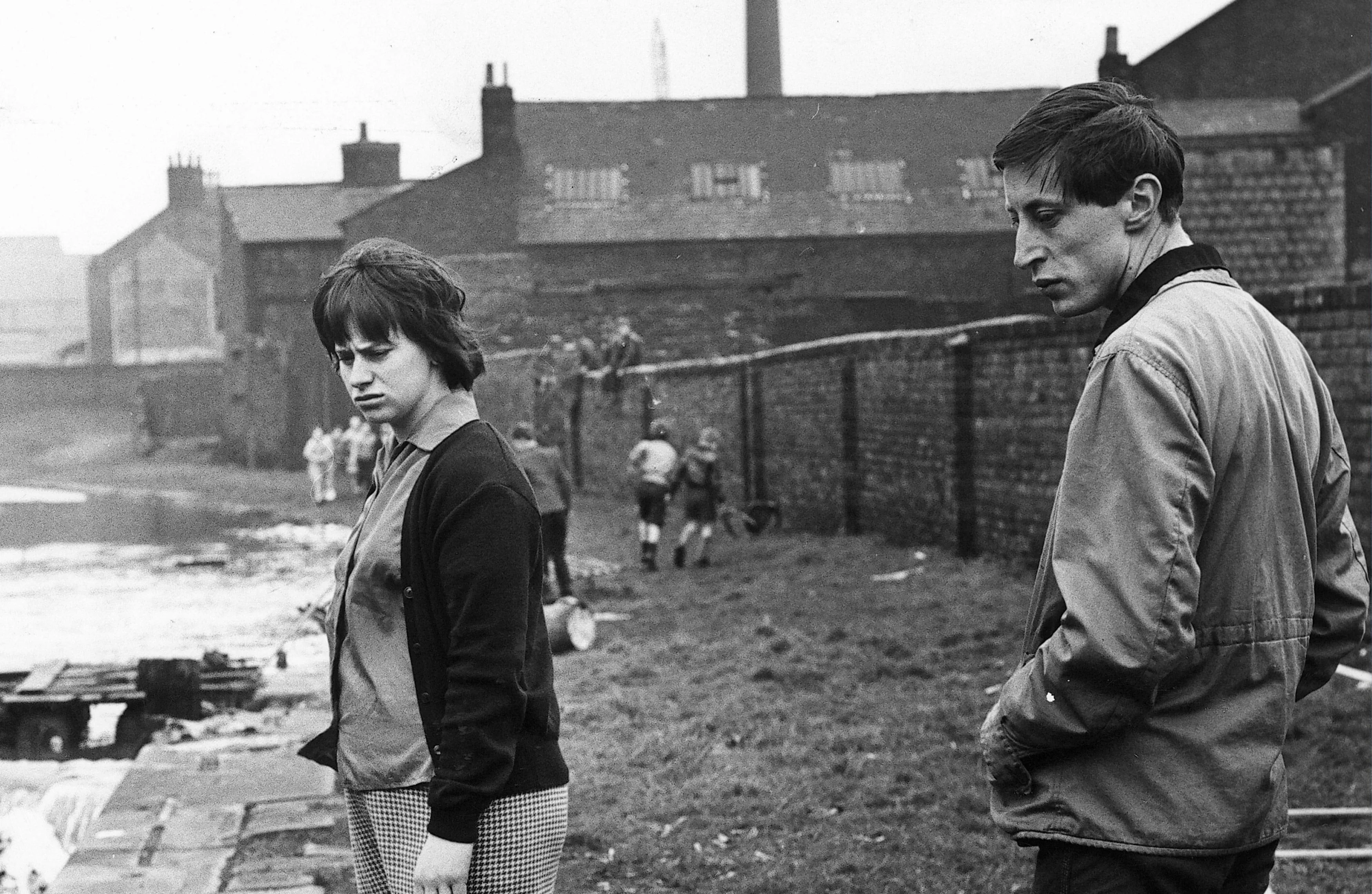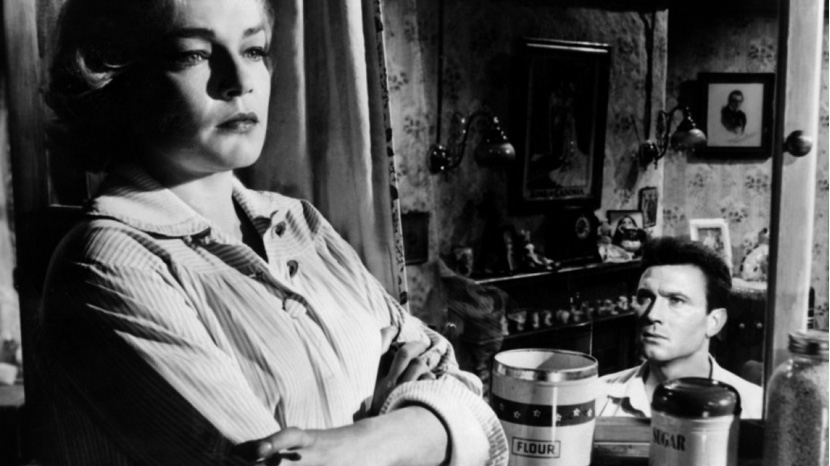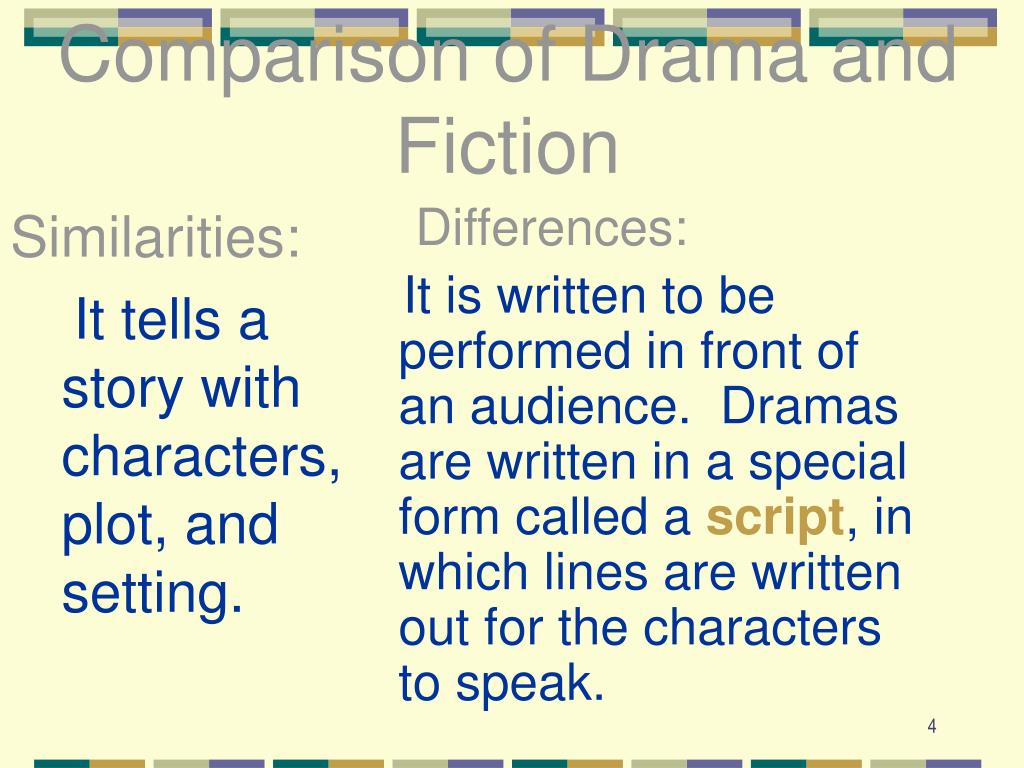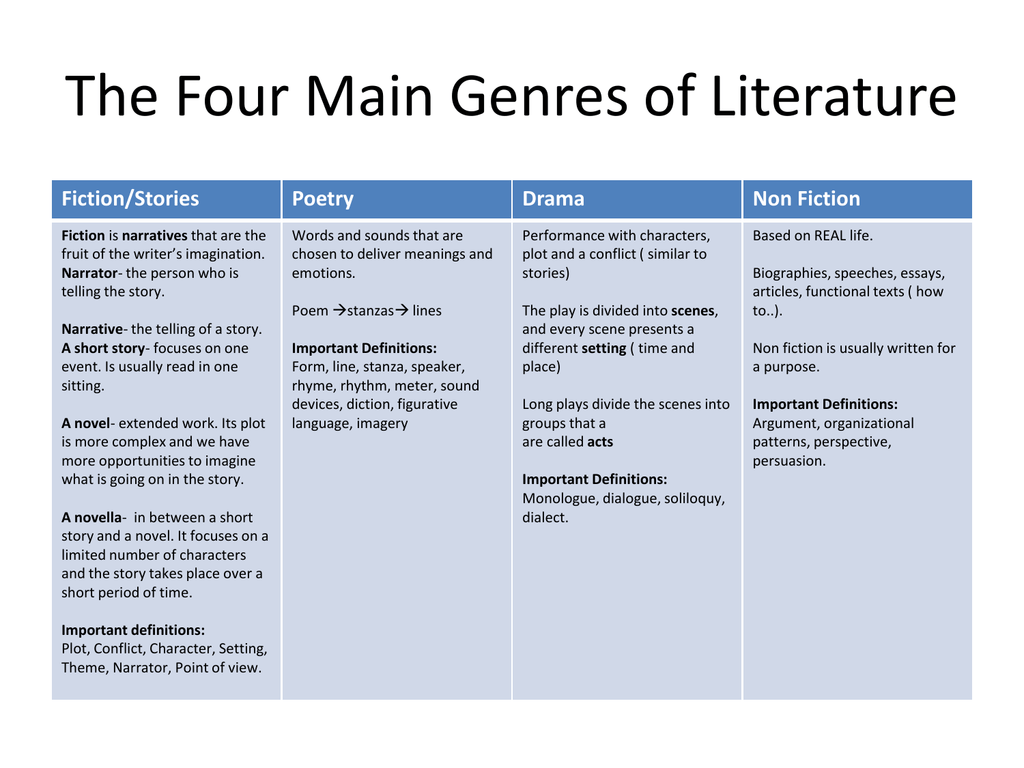Kitchen sink drama, also known as domestic drama, is a genre of fiction that portrays the struggles of ordinary working-class individuals and families in their everyday lives. This term originated in the 1950s in reference to the British stage and television plays that focused on the harsh realities and social issues faced by the lower and middle-class people. Kitchen sink dramas are known for their gritty and realistic portrayal of life, often highlighting the mundane and mundane aspects of domestic relationships and conflicts.Definition of Kitchen Sink Drama
One of the earliest and most notable examples of kitchen sink drama is John Osborne's play Look Back in Anger (1956). It tells the story of a young working-class couple, Jimmy and Alison, and their tumultuous marriage. The play addresses issues of class, gender, and social inequality in post-war Britain. Another example is Shelagh Delaney's A Taste of Honey (1958), which follows the struggles of a teenage girl and her mother in a working-class neighborhood in Manchester.Examples of Kitchen Sink Drama
Kitchen sink dramas are characterized by their realistic and naturalistic approach, dealing with everyday, ordinary people and situations. They often feature characters who are disillusioned with society and their own lives, and the struggle to find meaning and purpose. These plays also tend to have a strong social and political commentary, addressing issues such as class, gender, and societal norms. They also have a heavy focus on dialogue and character development, rather than action or plot.Characteristics of Kitchen Sink Drama
Some common themes in kitchen sink drama include social and economic inequality, family dynamics, gender roles and expectations, and the struggle for individual identity. These plays often challenge traditional societal norms and conventions, and question the status quo. They also explore the complexities of human relationships, particularly within the context of a working-class environment. Other themes that may be explored include mental health, addiction, and the impact of industrialization on communities.Themes in Kitchen Sink Drama
The term "kitchen sink drama" was first used in the 1950s to describe a new wave of British plays and films that focused on the lives of the working class. This genre emerged as a response to the traditional upper-class themes and settings of earlier plays. The movement was heavily influenced by the works of playwrights such as John Osborne, Shelagh Delaney, and Arnold Wesker. It gained popularity in the 1960s and 1970s, but has since evolved and diversified to include a wider range of perspectives and themes.History of Kitchen Sink Drama
Kitchen sink drama has had a significant impact on the world of theater and film, particularly in Britain. It brought a new, more realistic and relatable perspective to the stage, and challenged the traditional ideas of what constituted a "good" play. It also paved the way for more diverse and inclusive narratives, giving a voice to marginalized and underrepresented communities. Kitchen sink drama continues to influence and inspire contemporary works, and its impact can be seen in various forms of media today.Impact of Kitchen Sink Drama
Aside from Look Back in Anger and A Taste of Honey, other notable kitchen sink drama plays include The Entertainer by John Osborne, Saturday Night and Sunday Morning by Alan Sillitoe, and Kiss Me, Kate by D.H. Lawrence. These plays have all been critically acclaimed for their realistic portrayal of working-class life and their social commentary.Notable Kitchen Sink Drama Plays
Kitchen sink drama has also made its mark in the world of film, with renowned works such as A Kind of Loving (1962), Kes (1969), and The Loneliness of the Long Distance Runner (1962). These films, like their theatrical counterparts, explore the struggles and challenges faced by the working class, and have become classics in their own right.Notable Kitchen Sink Drama Films
Kitchen sink drama is often contrasted with "drawing-room" drama, which focuses on the lives and issues of the upper class. It is also different from melodrama, which tends to have a more sensational and exaggerated plot. Kitchen sink drama stands out for its realism and grittiness, as well as its social and political commentary, setting it apart from other forms of drama.Comparison to Other Forms of Drama
Despite its impact and popularity, kitchen sink drama has also faced criticism for its narrow focus on a particular demographic and its portrayal of working-class people as victims. Some argue that these plays perpetuate negative stereotypes and fail to accurately represent the diversity and complexities of working-class life. Others criticize the genre for its lack of diversity in terms of both creators and characters.Criticism of Kitchen Sink Drama
Additional Body Paragraph: Examples of Kitchen Sink Drama
 Kitchen sink drama is a genre of theater and film that emerged in the mid-20th century and is characterized by its focus on the mundane and often gritty aspects of working-class life. The term "kitchen sink" refers to the idea of portraying the everyday struggles and conflicts of ordinary people, often set in a domestic setting such as a kitchen. The term was coined by British playwright John Osborne in his play
Look Back in Anger
and has since been used to describe a range of works that depict the struggles of everyday life.
One of the most well-known examples of kitchen sink drama is the film
Kes
(1969), directed by Ken Loach. Set in a working-class town in Northern England, the film follows the story of a young boy named Billy who forms a bond with a kestrel bird. The film portrays the harsh realities of poverty and the limited opportunities for those living in the industrial north of England. The kitchen sink is a prominent feature in the film, symbolizing the domestic struggles and the working-class lifestyle of the characters.
Another example is the play
A Taste of Honey
(1958) by Shelagh Delaney. Set in a cramped and rundown apartment in Northern England, the play follows the story of a teenage girl and her alcoholic mother as they navigate their strained relationship and the challenges of poverty. The play is known for its raw and honest portrayal of working-class life and the struggles faced by its characters.
Kitchen sink drama is not limited to the British working-class experience, as seen in the play
A Raisin in the Sun
(1959) by Lorraine Hansberry. Set in a small apartment in Chicago's South Side, the play depicts the struggles of a black family as they try to improve their lives and overcome racial discrimination. The kitchen sink in the play serves as a symbol of the family's limited means and the obstacles they face in achieving the American Dream.
In conclusion, kitchen sink drama is a genre that delves into the realities of everyday life and the struggles faced by ordinary people. It provides a platform for marginalized voices and sheds light on social issues such as poverty, class, and race. Through its focus on the mundane and domestic, kitchen sink drama offers a unique and powerful perspective on the human experience.
Kitchen sink drama is a genre of theater and film that emerged in the mid-20th century and is characterized by its focus on the mundane and often gritty aspects of working-class life. The term "kitchen sink" refers to the idea of portraying the everyday struggles and conflicts of ordinary people, often set in a domestic setting such as a kitchen. The term was coined by British playwright John Osborne in his play
Look Back in Anger
and has since been used to describe a range of works that depict the struggles of everyday life.
One of the most well-known examples of kitchen sink drama is the film
Kes
(1969), directed by Ken Loach. Set in a working-class town in Northern England, the film follows the story of a young boy named Billy who forms a bond with a kestrel bird. The film portrays the harsh realities of poverty and the limited opportunities for those living in the industrial north of England. The kitchen sink is a prominent feature in the film, symbolizing the domestic struggles and the working-class lifestyle of the characters.
Another example is the play
A Taste of Honey
(1958) by Shelagh Delaney. Set in a cramped and rundown apartment in Northern England, the play follows the story of a teenage girl and her alcoholic mother as they navigate their strained relationship and the challenges of poverty. The play is known for its raw and honest portrayal of working-class life and the struggles faced by its characters.
Kitchen sink drama is not limited to the British working-class experience, as seen in the play
A Raisin in the Sun
(1959) by Lorraine Hansberry. Set in a small apartment in Chicago's South Side, the play depicts the struggles of a black family as they try to improve their lives and overcome racial discrimination. The kitchen sink in the play serves as a symbol of the family's limited means and the obstacles they face in achieving the American Dream.
In conclusion, kitchen sink drama is a genre that delves into the realities of everyday life and the struggles faced by ordinary people. It provides a platform for marginalized voices and sheds light on social issues such as poverty, class, and race. Through its focus on the mundane and domestic, kitchen sink drama offers a unique and powerful perspective on the human experience.

































































